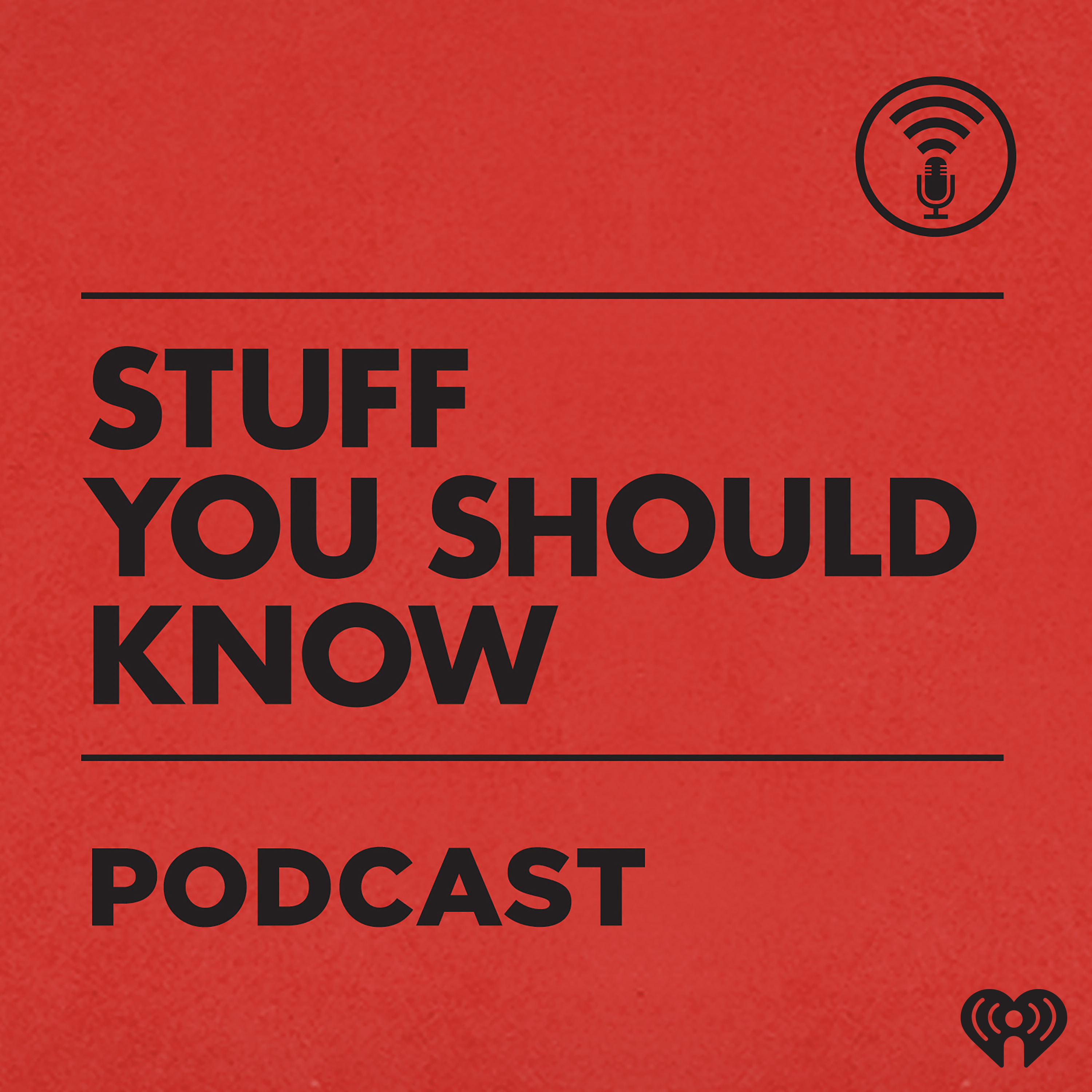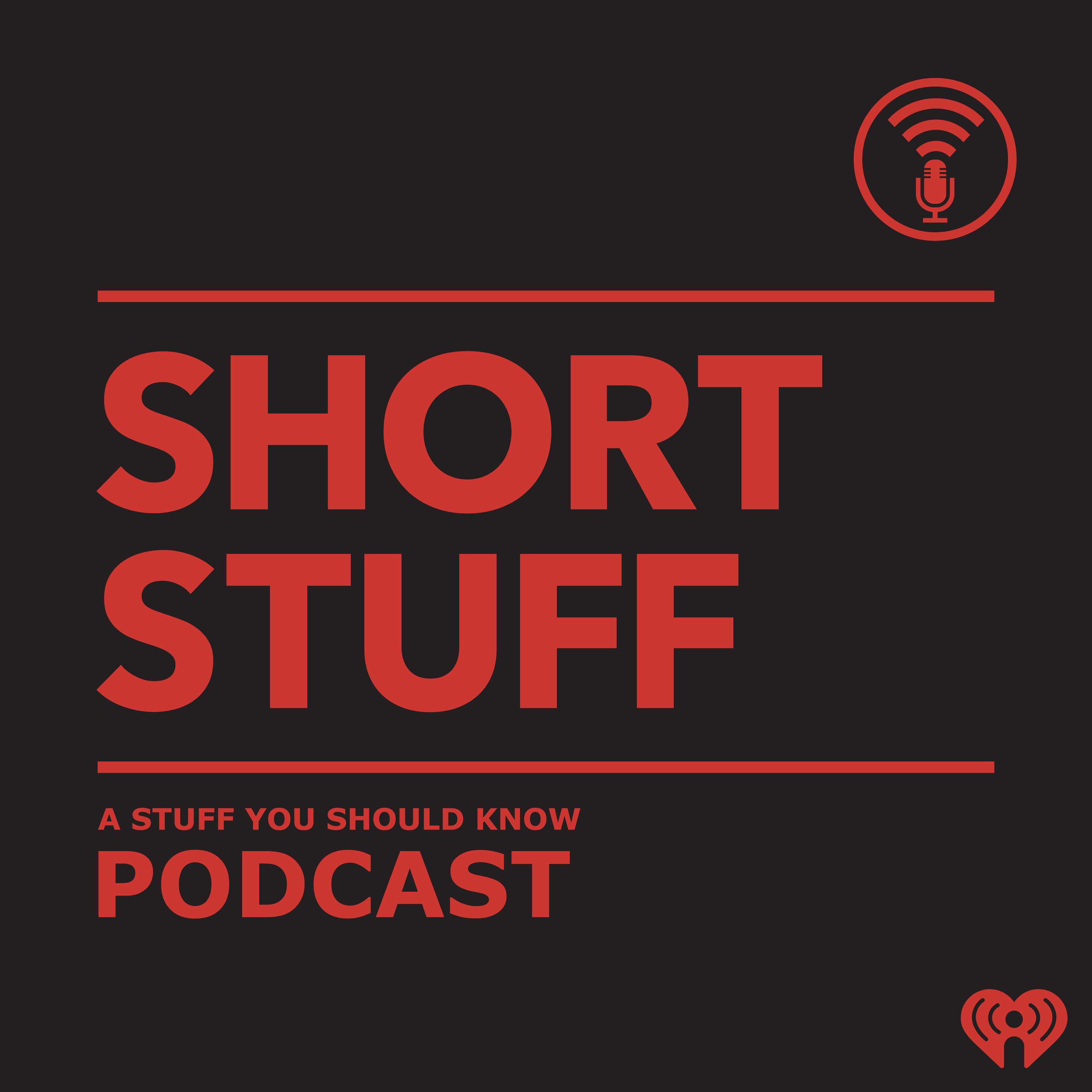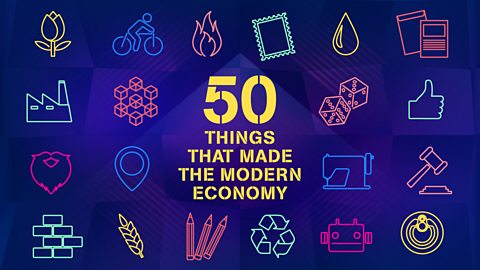Best Educational Podcasts on Spotify
Podcasts are a fantastic way to spend time and occupy your
mind.
Many people listen to podcasts while commuting to work, whether driving
in their own car or taking public transportation.
They are good for providing
entertainment while doing routine household chores like cleaning and mowing the
lawn.
They are even perfect for during workouts. Some people may prefer music
with a high BPM to motivate them during a workout or long run, but I seem to be
able to work out longer and with more enthusiasm if my thinking mind is too
busy with a podcast to have thoughts like, “Gee, I sure am tired and sweaty!”
Your reason for having time to listen to podcasts is
possibly one consideration in choosing what specific podcast to listen to but
understanding what you hope to get out of it is also important.
Are you listening
for entertainment? For something to make you laugh? To get caught up with daily
news? Are you interested in what your favorite celebrity thinks?
There are so
many specific sorts of benefits that you can gain by choosing one podcast over
another. I, personally, tend to want to learn something when I listen to
podcasts. I am a nerd, so I like learning for learning’s sake and for the joy
of learning, but I also like to add to my potential trivia knowledge stockpile.
In attempting to learn something from podcasts I have tried out many
educational podcasts. I would like to share with you a few of the best ones
that I have found.
Stuff You Should Know
Short Stuff
50 Things That Made the Modern Economy
The End of the World with Josh Clark
Planet Money
The Indicator
Stuff You Should Know

Stuff You Should Know, abbreviated as SYSK, is by far my
favorite educational podcast.
This podcast is created by the How Stuff Works
network, which creates the HowStuffWorks.com website which creates and houses
informational articles on nearly any topic you can imagine.
The show started
off as simply short summaries of articles on the site with rotating staff
members in an attempt to encourage people to check out the website and its articles.
That has changed. Each episode is now a very detailed discussion of a topic
that lasts anywhere from 30-60 minutes but tend to be closer to the one-hour
mark.

The show is hosted by Josh Clark and Charles W. “Chuck” Bryant (the vast majority are anyways. The first maybe 15 episodes were Josh
Clark with a few other staff writers and editors). Josh and Chuck are a couple
of staff writers for the How Stuff Works website and actively wrote articles
for the site until they became full-time podcasters. Now they spend all their time researching the subjects they plan to podcast on, recording podcasts, and
doing live shows in cities around the world.
The episodes’ topics are a
combination of listener requests, ideas by Josh and/or Chuck, and articles from
the How Stuff Works website. Most of the topics have some sort of article on the
site, so they start their research there, and continue to search the world and the web for sources and information until they are nearly experts on their
topic.
It seems by how the show works out sometimes that Josh and Chuck don’t
coordinate their research efforts or prepare their script, because during the
episodes they sometimes mention that they hadn’t heard about some information
the other has just shared.
Each episode starts with the incredible SYSK theme song,
then Josh introduces himself, Chuck, and the producer for the episode (usually Jeri,
but there are occasional guest producers). Jeri is never heard in the podcast,
so all the talking is done by Josh and Chuck.
The pair lead into or tease the topic
for the episode, usually by some roundabout bit of conversation which ends up
being related (though not always!). Then the bulk of the episode is the two
having a fun conversation about the topic and what they learned during their
research and prep work.
One of the biggest plusses about the show, I think, is
that they occasionally get side-tracked with interesting conversational
tangents. A couple common ones are old movies and The Simpsons. I love that
part of the show, but they claim they have gotten “hate” mail from listeners
saying they wish Josh and Chuck would stay on topic and keep mention of their
own lives to a minimum.
They sometimes talk about things that have happened in
the past, and in a fun, theatrical manner, make use of “The Way Back Machine”. They
will mention some past event, question aloud whether they should take “The Way
Back Machine,” and then Jeri will add some sound effects that sound like an old
car starting up with bubbles, and then they will act like and talk as if they
are in that past place. It is really fun that they spice up some history that
way.
The episodes end with either “Listener Mail” or “Administrative
Details”.
Listener Mail is what it sounds like. People write in with comments,
stories, or corrections, and those noteworthy enough get read on-air. Some of
the listener comments are super interesting, and you should never skip over
this segment!
Administrative Details is when Josh and Chuck thank the people
who have sent them stuff. Whether for genuine love of the hosts of the show or
for marketing purposes, people will send Josh and Chuck free stuff. They’ve
received candy, coffee, beer, art, books, and basically anything small enough
to be mailed to Atlanta, Georgia (where the show is recorded). During the
segment, they mention the item that was sent, who sent it, what they thought of
it, and thank them for it over the air.
The SYSK show has over 1,000 episodes because it has been going
a very long time (since April 2008). I listen to this show frequently, for more
than a year, and am still not even halfway through all the episodes. Some of the
episodes that come to mind (and are therefore some of the best) include:
The Great Pacific Garbage Patch,
Composting,
Squatting,
Ponzi Schemes,
Guatemala,
Sea Monkeys,
Spontaneous Human Combustion,
Peter Principle,
Microlending,
and
so many more!
I love this show, I love the intensity and fact/time-density
of the information you learn in each episode and how it is balanced out by the
fun and funny conversation that Josh and Chuck share with us in each episode.
Please give this show a try, I’m sure you’ll love it!
Short Stuff

Short Stuff is a fairly new podcast by Josh and Chuck of the
Stuff You Should Know podcast.
People love SYSK, but sometimes the episodes can
be a little long, so Short Stuff is perfect if you have less time available to
listen, because they are like mini episodes of the full-sized SYSK.
Short Stuff
episodes have topics that are much like the ones used for SYSK, but they just
don’t have enough material to fill out an hour without doing too much off-tracking,
so they allot to it a shorter and more appropriate amount of time.
There isn’t
too much to say about Short Stuff because it is so new (started in the fall of
2018) and because it is so similar to the Stuff You Should Know Podcast.
50 Things That Made the Modern Economy

This is a podcast created by the BBC World Service. The host
of each episode is Tim Hartford.
Tim takes some idea or technology, most often
something entirely mundane and ubiquitous that one would never take the time to
think about or analyze it and tells its story.
Each episode begins with a bit
of a story told about some moment or some person which was greatly affected by
the subject of the episode or sometimes the story of the discovery/invention.
Then Tim describes how it came to be, how it spread, how it helped the world,
and how it's advanced to current day.
Each episode is short, only 8 to 10
minutes.
The show (as its title would have you believe) was originally made to
cover 50 topics in 50 episodes, but then nearing the end of the original run,
they ran a poll to determine a 51st topic. So there were 51
episodes. But now it seems that they have rebooted the series in 2019 with even
more greatly influential things that have shaped the world economy.
Some of my
favorite episodes are:
M-Pesa,
Antibiotics,
Disposable Razor,
Google,
Contraceptive Pill,
Barbed Wire, and
Paper Money.
The End of The World with Josh Clark
This is a podcast created by Stuff You Should Know’s Josh
Clark.
This is a ten-part series which covers the various ways that life could
come to an end on Earth. The theme is “Existential Threats”, which are things
that may occur which would wipe out all living things, things that bring an end
to the “existence” of life.
The show talks about how an accident is simply an
event which is certain to occur but at an uncertain frequency. These things
that are talked about in the episodes are possible, they could happen, but we
should certainly hope they do not.
The episodes are based in research and science
but are speculative in nature because the things that are talked about have not
yet happened, and the moment they do, we will all be dead and no longer be able
to talk about them.
Each episode is around 40 to 60 minutes.
Josh does most of
the talking but does include voice interviews with some experts in the field
for whatever he is covering.
The show has a superb, futuristic-sounding soundtrack
composed and produced by Point Lobo, and that soundtrack is now available
outside of the show on Spotify, and possibly elsewhere.
Josh does a fantastic job
of setting a mood. The episodes cover some dark material (the end to life is pretty
dark), and the way he speaks is totally different from the upbeat, fun way he
speaks on the SYSK podcast.
This podcast has also had live events where Josh
covers additional topics and gives even more information.
A few of the episode
topics are:
Fermi Paradox,
Great Filter,
Artificial Intelligence, and
Biotechnology.
Planet Money

Planet Money is a production of National Public Radio (NPR).
Planet Money covers topics that are related to the economy. It is an
educational, fact-based podcast, but it does what it does with a lot of story.
They tell you how something happened and how it affected people, rather than just
giving the statistics about what happened. They take things that might be
boring and make them interesting.
The show is hosted by various members of a
small team who, as investigative reporters, follow tips and story suggestions
and then relay to listeners what happened. They make regular use of interviews
of both experts and just regular people.
Each episode runs about 20-30 minutes
long.
One of the people involved in the show is Adam Davidson, who was recently
featured in an Amazon Prime show called “This Giant Beast That Is The Global Economy,” which stars host Kal Penn.

They’ve covered stories that touch on
Insider Stock Trading,
the Fondue Industry,
Student Loan Servicers,
Cattle Theft, and
High-Pressure Sales and Revenge within Wells Fargo.
This show is seriously interesting and
seriously addicting.
The Indicator

This show is made by the team of Planet Money and is a
production of NPR.
Where Planet Money episodes come out maybe weekly or less
often, The Indicator comes out daily.
Each episode is about 10 minutes long and
covers some number or “indicator” that has to do with something in the news.
The explanation of the indicator can really deepen your understanding of the
current event, which without a decent explanation or previous understanding can
sound boring or confusing.
The show often talks about government studies or
reports, especially in Friday episodes which they call “Jobs Friday”. On Jobs
Friday, they discuss a weekly government report about job creation and job loss
on a national scale.
I love this show especially because of its short length. When I have a short
drive to somewhere nearby, I don’t want to listen to only part of a long episode,
I want something that can be finished in that length of a trip. The Indicator is
the perfect podcast for those short trips.
Conclusion
If you love to learn stuff, then these are the podcasts for
you.
I wholeheartedly love these podcasts and I very much hope you give them a try and enjoy them as much as I do.
If you are a super-prolific podcast
listener and fully consume all the episodes of each of these shows and are
looking for even more awesome educational podcast content, check out the
networks which produce SYSK and Planet Money.
SYSK is part of the How Stuff Works
network, which has many other podcast shows like Tech Stuff and Stuff They Don’t Want You To Know.
Planet Money is produced by NPR which has a large number of
programs which cover educational and news-based topics.
If you expand out to
all the shows of both of those networks, you will have a bottomless pit of
content to consume.




Comments
Post a Comment